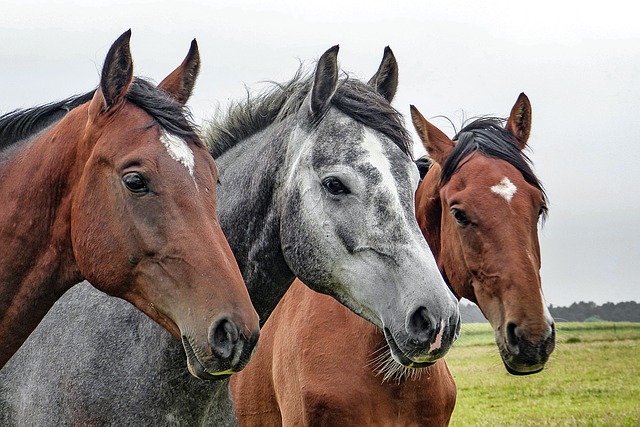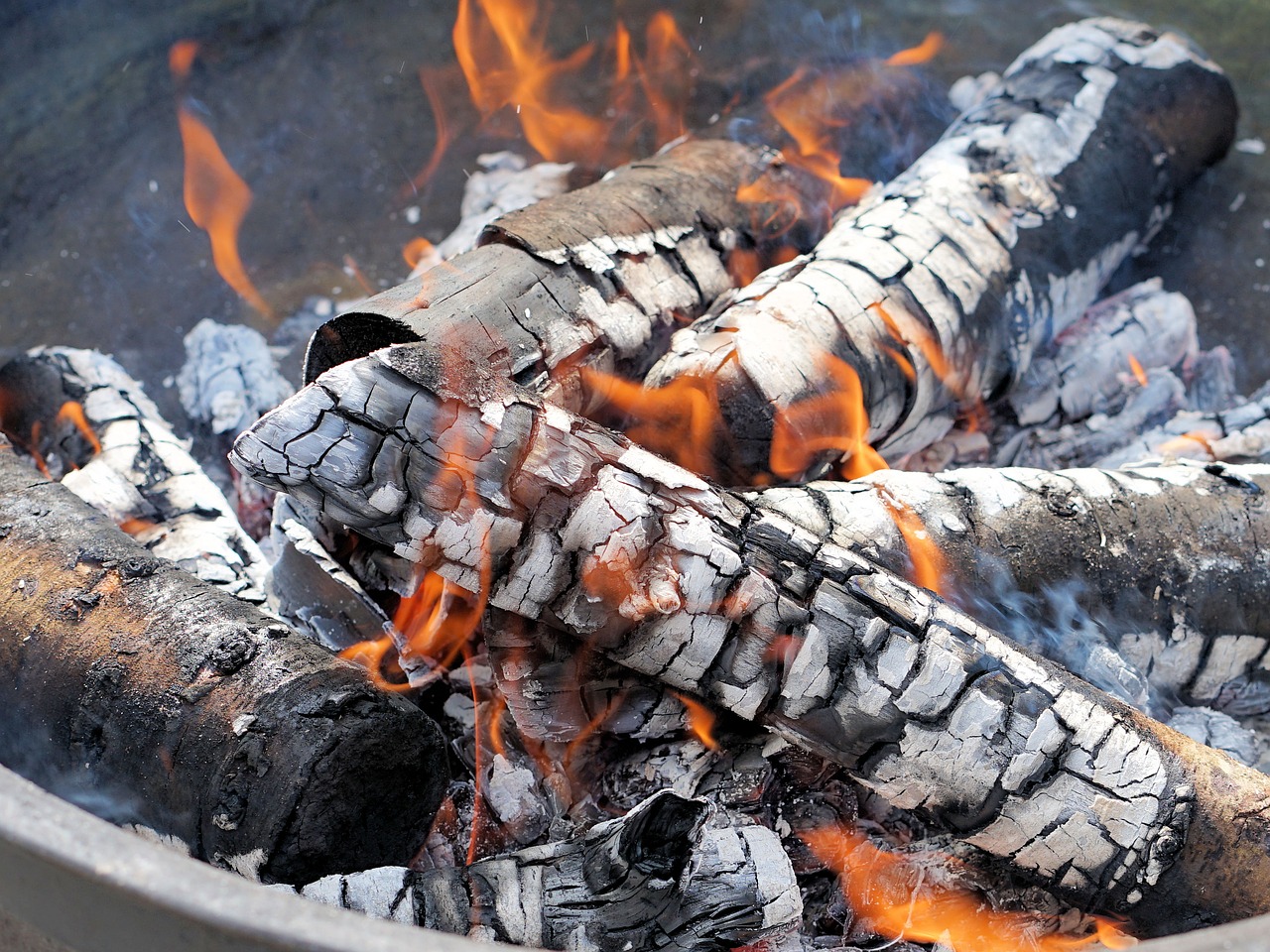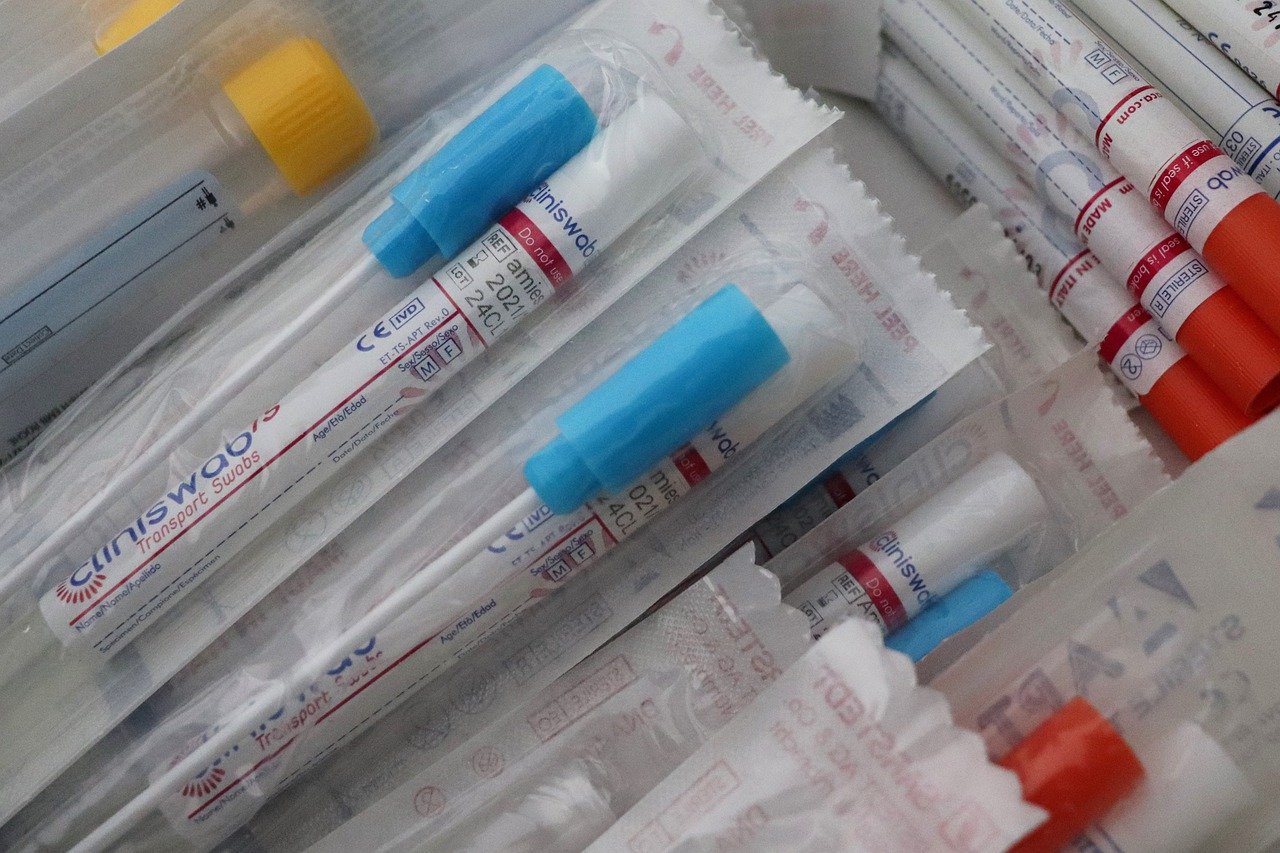The Ohio Department of Agriculture has confirmed the first two positive cases this year of West Nile Virus (WNV) in Ohio horses. A horse in Stark County confirmed with WNV was vaccinated once in the spring but did not receive a booster. The second horse’s county of origin and vaccination history are not yet known. The spread of WNV in horses is preventable with proper vaccination and horse owners are urged to ensure their animal’s vaccine and boosters are up to date.
West Nile Virus is transmitted to horses via bites from infected mosquitoes. Clinical signs for WNV include flulike symptoms, where the horse seems mildly anorexic and depressed. Changes in mentality, drowsiness, driving or pushing forward (often without control), and asymmetrical weakness may be observed. The mortality rate from WNV can be as high as 30-40 percent in horses. Infection with WNV does not always lead to signs of illness in people or animals. WNV is endemic in the United States and Ohio has reported positive cases in horses each of the last few years.
These WNV cases follow the Ohio Department of Agriculture’s report of eastern equine encephalitis (EEE) in an Ashtabula County horse on August 29. Since then, two additional horses have been confirmed with EEE, one each in Geauga and Portage counties.
“West Nile Virus and eastern equine encephalitis are serious diseases that can be prevented with proper vaccination,” said State Veterinarian Dr. Tony Forshey. “I encourage all owners to work with their local vet to keep their animals healthy.”
In addition to vaccinations, horse owners also should work to reduce the mosquito population and eliminate possible breeding areas. Recommendations include: removing stagnant water sources; keeping animals inside during the bugs’ feeding times, which are typically early in the morning and evening; and using mosquito repellents.
Because WNV and EEE can also be transmitted to humans by the bite of infected mosquitoes, animals diagnosed with these diseases are a sign that people should also take steps to guard themselves against mosquitoes by applying repellent and wearing protective clothing. Both diseases are very rare in humans, and
and only a few cases are reported in the United States each year. There are no confirmed human cases associated with any of these equine cases in Ohio.
The Ohio Department of Agriculture is working with the Ohio Department of Health and local health officials to monitor both outbreaks. Suspect horse cases should be reported to a veterinarian as soon as possible. Citizens who are concerned about an illness should contact their physician.










